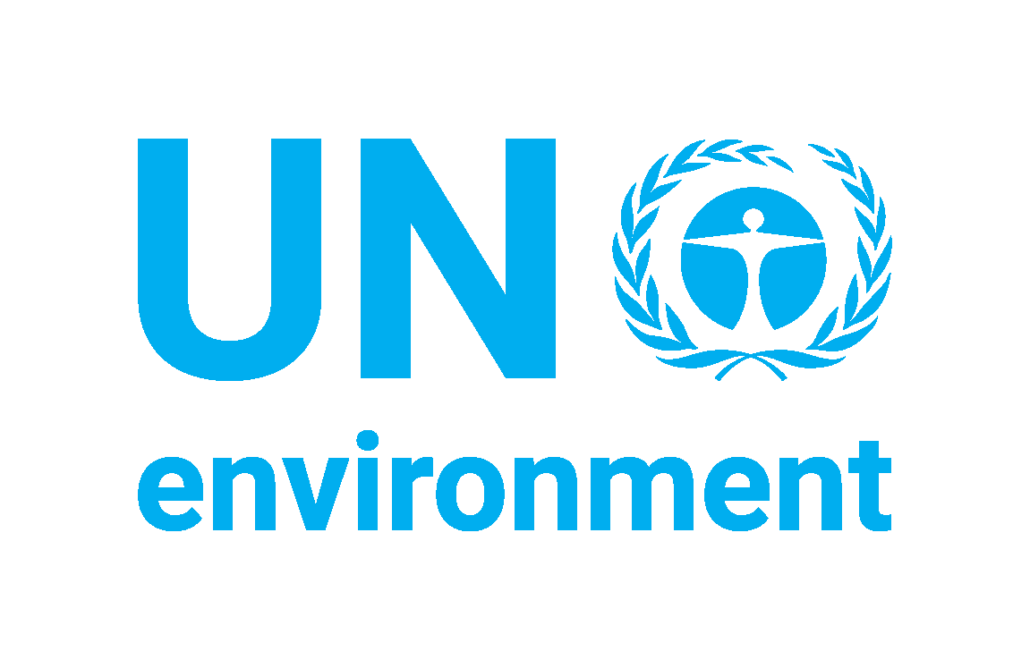UNEP (United Nations Environment Programme)
 The United Nations Environment Programme (UNEP) is a United Nations system-wide programme that promotes the coordination of nature conservation at the system-wide level. The Program was established on the basis of UN General Assembly Resolution No. 2997 of December 15, 1972 (A/RES/2997 (XXVII)).
The United Nations Environment Programme (UNEP) is a United Nations system-wide programme that promotes the coordination of nature conservation at the system-wide level. The Program was established on the basis of UN General Assembly Resolution No. 2997 of December 15, 1972 (A/RES/2997 (XXVII)).
The main objective of UNEP is to organize and implement measures aimed at protecting and improving the environment for the benefit of present and future generations. The Program's motto is “Environment for development”.
The headquarters of UNEP is located in Nairobi, Kenya. UNEP also has six major regional offices and offices in various countries. UNEP is responsible for addressing all environmental issues at the global and regional levels.
Executive Director: since 2019 — Inger Andersen (Denmark).
The activities of UNEP include various projects in the field of the Earth's atmosphere, marine and terrestrial ecosystems. UNEP also plays a significant role in the development of international conventions in the field of ecology and environmental protection. UNEP frequently collaborates with States and non-governmental international organizations.
I. The governance structure of UNEP is represented by two key governance bodies:
The Environmental Assembly
The UNEP Assembly is composed of 193 UN member States. The Assembly meets every two years in Nairobi, with the first meeting held in 2014.
The Bureau of the Assembly, headed by the President, heads the activities of the UNEP Assembly. The Bureau consists of 10 Ministers for Nature and the Environment for a two-year term, rotating according to the principle of regional rotation. The President and the Bureau are elected at the closing meeting of the Assembly and serve until the end of the next session of the Assembly.
Committee of Permanent Representatives
The Committee of Permanent Representatives of UNEP (CPR) includes all Permanent Representatives accredited to the UN Mission in Nairobi (118 States). The Committee meets quarterly (4 times a year). The Committee's activities are coordinated by the Committee's Bureau, which includes permanent representatives of five countries on a regional basis with a two-year term of office (for 2021). — Brazil (Chair), Pakistan, Netherlands, Poland, Ghana).
The Committee sets the Agenda for the meeting of the UNEP Assembly and oversees the implementation of decisions and resolutions adopted by the Assembly.
The Committee of Permanent Representatives also has ad hoc Working Groups:
- on programme, budget and administrative matters;
- on environmental strategy and the agenda.
II. UNEP Secretariat
The functional body serving the activities of the main bodies of UNEP is the Secretariat, headed by the Executive Director. The UNEP secretariat consists of 890 staff, approximately 500 of whom are contracted from other countries. The secretariat oversees the implementation of various UNEP policies and programmes. The Secretariat also distributes the budget, which amounts to almost 105 million US dollars and consists almost entirely of contributions from the member States of UNEP.
Previously, UNEP was governed by the Governing Council, which was dissolved by the decision of the UNEP Assembly in 2012.
III. Ideas for reforming UNEP
Following the publication of the fourth report of the Intergovernmental Panel on Climate Change in February 2007, the “Paris Call to Action” read out by French ex-President Jacques Chirac, supported by 46 other countries, called for the replacement of UNEP with a more effective organization with enhanced oversight, the United Nations Environment Organization (UNEO), which should be developed on the basis of the World Health Organization.